YubiKey Explained: What It Is and How It Works
Advertisement
Passwords and text message verifications are less helpful in the digital era. Data breaches may harm lives and careers as hackers improve. Hardware-based identification is safer and more reliable for this rising issue. YubiKey leads these. How does a YubiKey protect your digital identity?
Your little, actual YubiKey prevents unauthorized access to your internet accounts. YubiKey, created by Yubico, utilizes robust two-factor and multi-factor security to protect your accounts if your password is stolen. It's powerful, portable, and doesn't require internet or mobile phones. To complete the image, this blog discusses the YubiKey's characteristics, advantages, and usage. If you like technology or are worried about the internet, this article will explain this modest yet helpful tool.
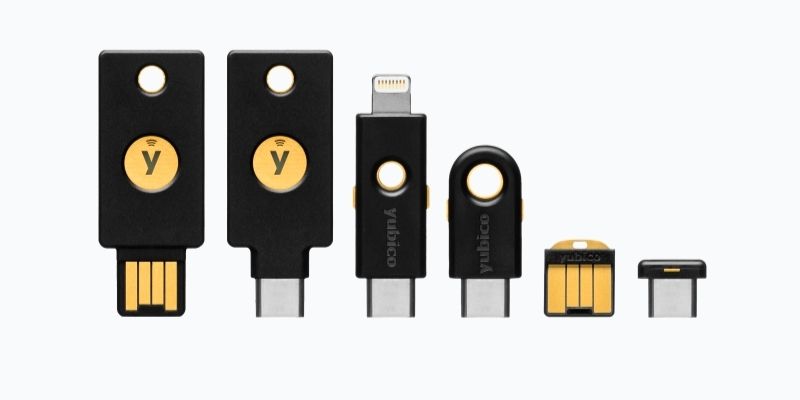
A History of YubiKey
Before learning how the YubiKey works, you must understand its history and evolution. Yubico was founded in 2007 in Sweden by YubiKey creators Stina and Jakob Ehrensvärd. Letting everyone utilize secure logins was their basic but ingenious objective. Phishing and password theft were rising. Therefore, safe and quick identification was crucial. The initial YubiKey USB provided users with an OTP to log into appropriate services when they touched the stick.
As internet threats increased, so did YubiKey. The latest versions support U2F, FIDO2/WebAuthn, Smart Card (PIV), and OpenPGP authentication. These modifications make the YubiKey a real security system, not simply an OTP. Contemporary YubiKeys include USB-C connections, NFC for touchless use, and numerous protocols for compatibility with many systems and applications. It grew from a niche security gadget to an enterprise-level solution, showing that more consumers demand smart digital security capabilities for their homes and enterprises. YubiKey developed from a basic concept to a strong protection tool.
The Basics of YubiKey
YubiKey verifies users using secure verification codes or public-key cryptography. It is a small and reliable solution to establish your identity without electricity or the internet. If you insert the YubiKey into a USB port or touch it to an NFC-enabled device, it will input a one-time password or secure signature. Though basic, it boasts powerful and complex technology.
YubiKey verifies identification via public and private keys, unlike other 2FA techniques. YubiKey generates site-specific keys for FIDO2 or WebAuthn. The server keeps the public key, while the YubiKey's hardware stores the secret key, which never leaves the device. YubiKey signs a cryptographic challenge using the private key when you log in. The server verifies the challenge using the public key. Attackers cannot use the private key to impersonate customers if a computer is compromised. The YubiKey's software prevents hacking and copying, making it the safest identity authentication method. Advanced features provide the YubiKey with its security and usability.
Why YubiKey is safer than 2FA:
Old-fashioned two-factor authentication (2FA) is better than passwords but has issues. A hacks might fool a mobile phone carrier into switching a phone number to a new SIM card to avoid SMS-based verification. Naturally, the attacker gets the first person's 2FA numbers. Lost, stolen, or malware-infected phones may render login applications unreliable. These issues demonstrate the need for a more secure security system that can't be hacked or replicated remotely.
The YubiKey solves these issues by requiring presence for identification. Remote takeovers, phishing, and man-in-the-middle assaults are down. To protect secrets, YubiKeys don't transfer them online, via mobile devices, or other means. The keys feature secure elements to prevent copying and meet high security requirements. Someone might enter with your password, but not your YubiKey. This physical state makes YubiKey the safest login technique, even better than 2FA. The YubiKey outperforms other identifying systems due to its security.
Set up and use YubiKey.
YubiKey setup is easy for non-techies. Remove the device from the box and visit Yubico's setup page. Select and follow explicit instructions to safeguard your services. Select "security" or "two-factor authentication," then add the YubiKey to 2FA on most platforms. Once registered, you may use the YubiKey by plugging it into a USB port or touching it to an NFC-enabled phone and pressing the gold disc or button.
YubiKey is easy to use after setup. Enter or touch your YubiKey when checking in for physical-identity services. No need to memorize numbers or utilize expiring passes—touch to join. It's simple and fast, making this strategy attractive. A backup YubiKey is suggested for multi-device account management. You can attach several keys to an account to get in if you lose one. With this simpler experience, more individuals may employ strong identification. People can start adopting excellent digital protection more easily.
Well-integrated popular services
The YubiKey is unique since it works with many services and applications. YubiKey matches your security configuration, whether you're a casual user safeguarding your accounts or a fleet administrator. It supports Chrome, Firefox, Safari, Edge, iOS, Android, Windows, and macOS. You can use the YubiKey on practically any computer since it supports many systems.
YubiKey supports Google, Microsoft, Facebook, Twitter, Dropbox, GitHub, and others. YubiKey authentication works with LastPass, 1Password, Dashlane, and Bitwarden. This secures master vaults. Businesses may use YubiKeys with Azure Active Directory, Okta, and Duo Security. YubiKey's vast acceptance shows its capacity to alter and safeguard digital identities across ecosystems. YubiKey becomes increasingly valuable as more services recognize they require tighter verification.
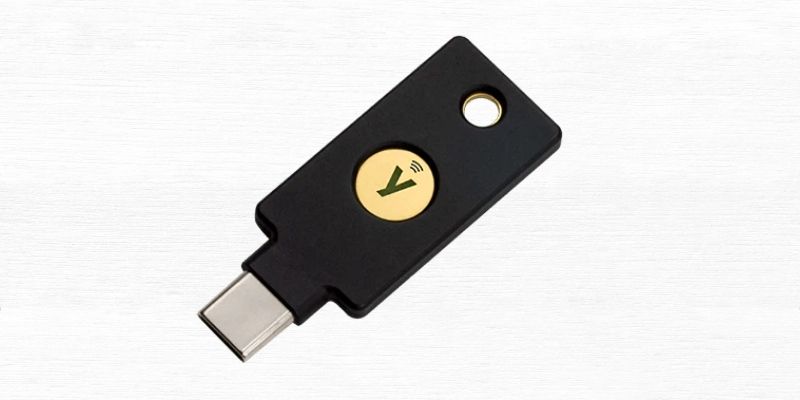
Uses in Real Life
YubiKeys are utilized for many real-life identifying purposes. Big companies use them to secure internal systems and restrict employee access. IT administrators protect remote access tools, server control platforms, and cloud monitors. By restricting access and recording records, YubiKeys aid legal compliance in banking and healthcare. Their durability and mobility make them ideal for frequent travelers and telecommuters.
YubiKey protects journalists' and human rights activists' data and communications against espionage. Gig workers protect their payment methods, email accounts, and client data. YubiKeys protect college networks and LMSs for professors and students. Government communications and secret information are protected using YubiKeys. This extensive list shows how the YubiKey may be utilized in high-security, high-stakes circumstances. Due to data breaches and identity theft, YubiKeys are becoming more vital in digital life.
Conclusion:
The YubiKey improves digital security. Since hackers are smarter, unchangeable authentication is crucial. The secure and simple YubiKey, which doesn't need SMS or email, fixes this problem. Physicality prevents identity theft, making it a dependable digital asset protector. By preventing authentication errors, it reduces fraud and social engineering risks.
Hardware-based verification may become standard. YubiKeys function well with additional zero-trust security approaches. YubiKeys will be vital for identification as more services and devices allow fingerprint logins. The YubiKey's switch from USB to multi-protocol security key illustrates that secure, user-centered authentication is growing. Protecting your online identity and digital assets will require YubiKeys in the future.
Advertisement
Related Articles

OpenSUSE Tumbleweed Integrates Linux 6.14 and OpenSSH 10.0 Security

Get Quick Help to Solve Movavi Screen Capture Problems

5 Simple Steps to Create Your Own AI Calendar Assistant
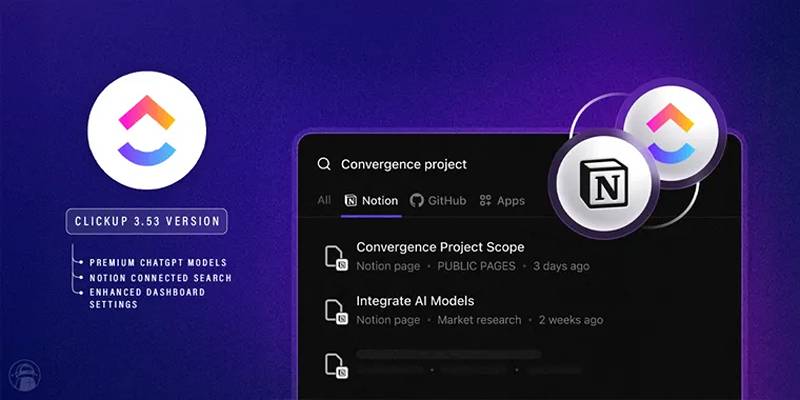
ClickUp 3.53 Integrates Premium ChatGPT and Upgrades Notion Support

What Is Bluesky and How Does It Stack Up Against Twitter?

Record Your Screen in Stunning Quality: Top Software Picks for Windows Users

Top 5 Benefits of Using Social Intents for Support

Final Cut Pro X vs Adobe Premiere Pro: Features, Pros, and Cons Explained

Capture in XviD: 8 Apps That Make It Easy and Efficient

Simple Ways to Transform MXF Files to ASF for Better Playback
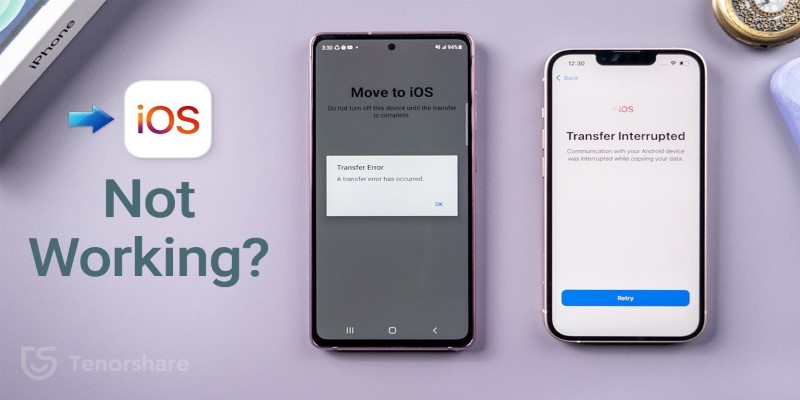
Move to iOS App Not Working? Here's How to Fix It Fast
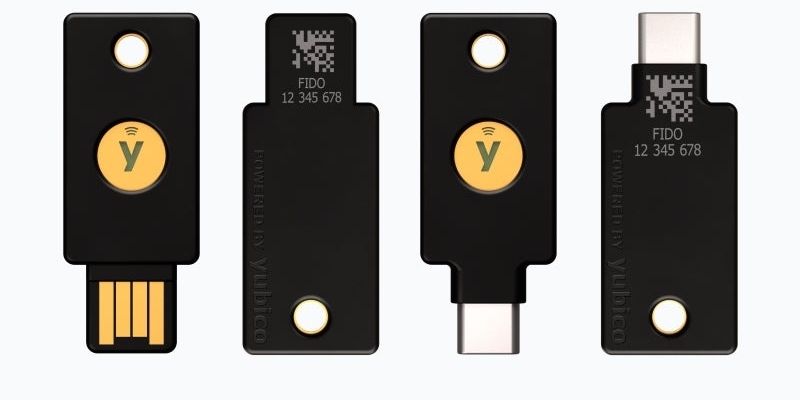
 novityinfo
novityinfo